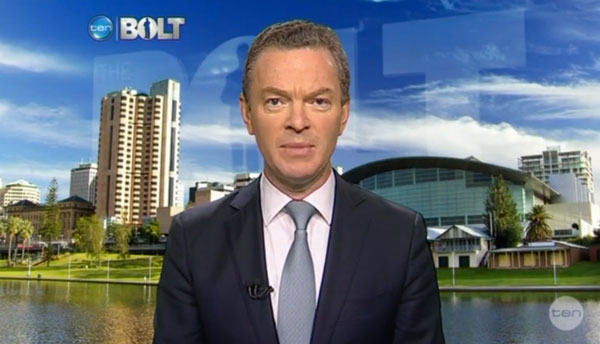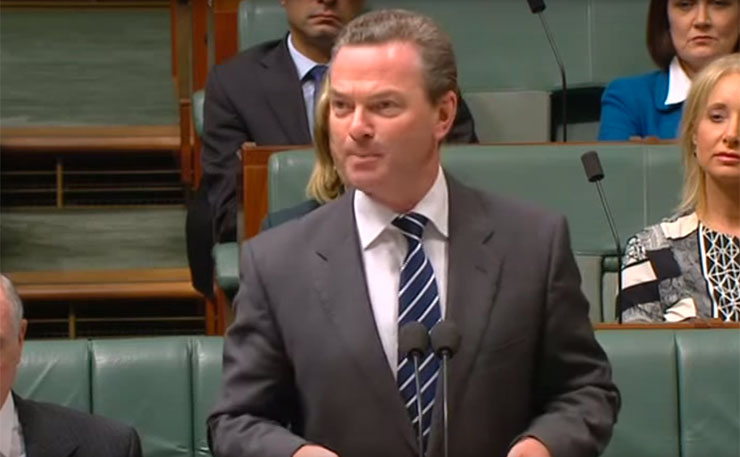The budget is fast approaching, and education minister Christopher Pyne’s “surprise” for universities will soon be revealed.
While we cannot yet know what exactly Pyne’s proposals for university reform will be, we can guess the basic framework he’ll be working with.
This framework views education as a means to an economic end, not something that enriches society and community. It presupposes students should go into debt to go to university — the only question being how much debt.
It views degrees as credentials, students as consumers and universities as businesses. Vice Chancellors are likened to CEOs and paid accordingly.
It views universities as research institutions that should be geared towards ‘excellence’, where excellence is understood in terms of international league tables. “Australia should have at least one university in the top 20 in the world, and more in the top 100,” Joe Hockey explained in his budget speech last year.
Whatever the specifics turn out to be, this is the framework.
It just so happens, however, that we aren’t the only country in the world talking about how to change our university system: Greece is as well.
After the left-wing Syriza party won the Greek election this year, the Paris-trained professor Aristides Baltas became Minister of Culture, Education and Religious Affairs.

Since assuming the role, Baltas has made some very interesting proposals for the reform of Greek universities. His proposals contrast strongly with Pyne’s, and deserve a hearing from Australians who want to know how things might be done differently.
Under the newly proposed laws, police would be banned from Greek university campuses, much as they used to be banned from Australian campuses in the 1970s.
University administration would be democratised, with students playing the decisive role in the elections of chancellors and senior administrators. The weighting of student votes could count for as much as 70 per cent (here, fossil fuel divestment activists on university campuses may wish to take note. How much easier would pushing for divestment be if university councils did not exist, and chancellors had to face a student electorate?).
University councils, staffed by power brokers and elites, would be abolished.
Entrance examinations would also be abolished, and students would be able to take as long as they wish to complete their degrees.
Let’s be clear: these proposals have yet to pass through the Greek parliament; proposals are only proposals. But given Syriza’s commanding position it is very possible that they will.
Greece, then, offers an important point of comparison with Australia. So why is no-one talking about it? Why is no-one drawing the comparison?
Here, the obvious culprits are the media.
To be sure, the media get blamed for everything. But at the time of writing, Greece’s proposals have not been reported anywhere in the Australian print media. Nor have the Greek and Australian policy trajectories been juxtaposed.
The talking heads populating Australia’s comment pages have not drawn the comparison — presumably because they do not know about it.
The lack of media coverage is a shame. As we brace ourselves for Pyne’s surprise, Greece serves as a welcome reminder that things may not have to be this way. It reminds us that alternatives are available, and that we need only reach for them.
Donate To New Matilda
New Matilda is a small, independent media outlet. We survive through reader contributions, and never losing a lawsuit. If you got something from this article, giving something back helps us to continue speaking truth to power. Every little bit counts.




